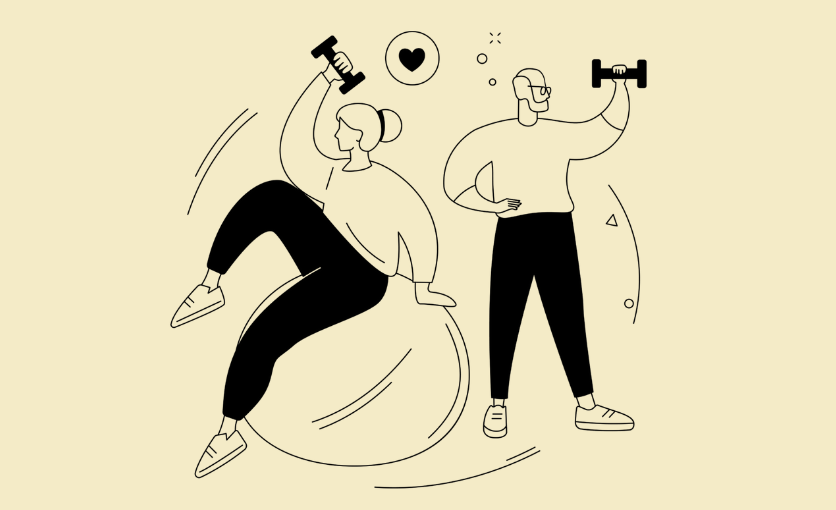A while ago, I realized something strange: I was eating like I had no idea how nutrition worked. And when it came to exercise, I had the motivation of a soggy sock. But here’s the thing, I do know what’s healthy. I’ve read the articles. I’ve made the plans. I’ve even written the shopping lists and packed the gym clothes.
So why was I still grabbing the chips? Why was I still finding myself scrolling instead of stretching?
Then I stumbled into this concept from Daniel Kahneman about “fast thinking” and “slow thinking.” Fast thinking, he says, is automatic. It’s the part of our brain that jumps to conclusions, acts on instinct, avoids effort. Slow thinking is the deliberate, reasoned part, but it’s also lazy. It doesn’t want to show up unless it has to.
That’s when it hit me: I’ve been trying to win the health game with slow thinking - plans, logic, willpower - while letting fast thinking drive my actual choices.
So I decided to flip the script. What if I stopped fighting my automatic habits, and instead, started guiding them?
The first thing I did was move all the healthy food to the front of the fridge. I cut up fruit, put hummus and carrots in little jars, and left a bowl of almonds near my desk. I didn’t decide to eat better, I just made it easier to eat better without thinking.
For exercise, I stopped trying to be impressive. No more ambitious plans. I just laid out my clothes before bed and told myself, “Just five minutes tomorrow.” And most days, once I started moving, five turned into twenty.
Music helped. A good playlist became a cue. I even started looking forward to it, not because I’m some fitness person now, but because I hacked my own reward system.
Looking back, I didn’t overhaul my life. I just made a few tiny changes that worked with my brain instead of against it. My fast-thinking brain wants easy. It wants cues, rewards, routines. So now I give it those things, but they point in a healthier direction.
And slowly, without drama or burnout, things are changing.
I still mess up. I still eat things I don’t need and skip workouts sometimes. But I don’t beat myself up about it. Because now I know—habits aren’t built in a day. They’re built in moments, stacked like tiny bricks.
And it turns out, even lazy brains can build beautiful things.

